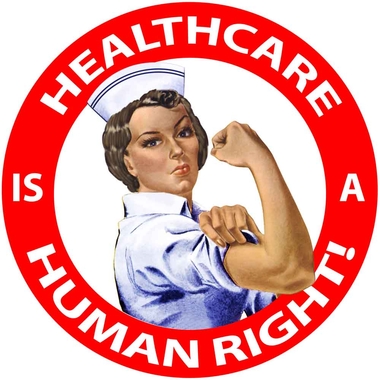Basic health care is a right

by Mary Turner
HIV/AIDS Health Columnist
July is the month set aside for expressions of national pride. People march in parades and shoot fireworks. They engage in extreme eating and drinking rituals (not unlike most other months out of the year). It’s a time to celebrate being alive in the greatest nation on earth.
Unfortunately, this greatest nation on earth has some dark secrets when it comes to the most innocent and helpless among us - our children. As the conundrum regarding health care rages in Washington, poor and marginalized women across the nation often lack access to even basic prenatal services. Approximately one in five women (20 percent) receive no prenatal care or they receive care later in their pregnancies.
For women who are HIV+, this lack of adequate care can have a devastating impact on their babies. The National Vital Statistics Report (Volume 63, Number 5; September 24, 2014) ranks the United States 26th among 29 Organizations for Economic Cooperation and Development (OECD) countries in infant mortality. According to a 2016 UNAIDS fact sheet, knowing the HIV status of an infant is crucial for starting life-saving treatment. Without this treatment, half of all babies born HIV+ will die within the first two years of life.
World-wide, approximately 400 babies are born HIV+. That number could be significantly reduced if women had access to be tested and treated before and during their pregnancies.
In the United States, nearly 2,000 children are currently living with HIV as a result of perinatal infections. Of those cases, 65 percent are black, 15 percent are Hispanic and 11 percent are white.
Economics is always the bottom line in the development of programming and bringing new medicines on the market. It is less lucrative for pharmaceutical companies to develop medicines for children, especially when the majority of markets are comprised of lower-income individuals. Treatment protocols for infants and children do work, so it is important for them to have access to health care.
While we go about the business of celebrating and flag-waving and admonishing political leaders to “Make America Great Again,” let us resolve to also put pressure on those leaders to consider that it is our people who make our country great. And it is our children who are our future. Basic health care is a right that should be accessible to everyone.
Copyright 2017 The Gayly – July 7, 2017 @ 10:55 a.m.





